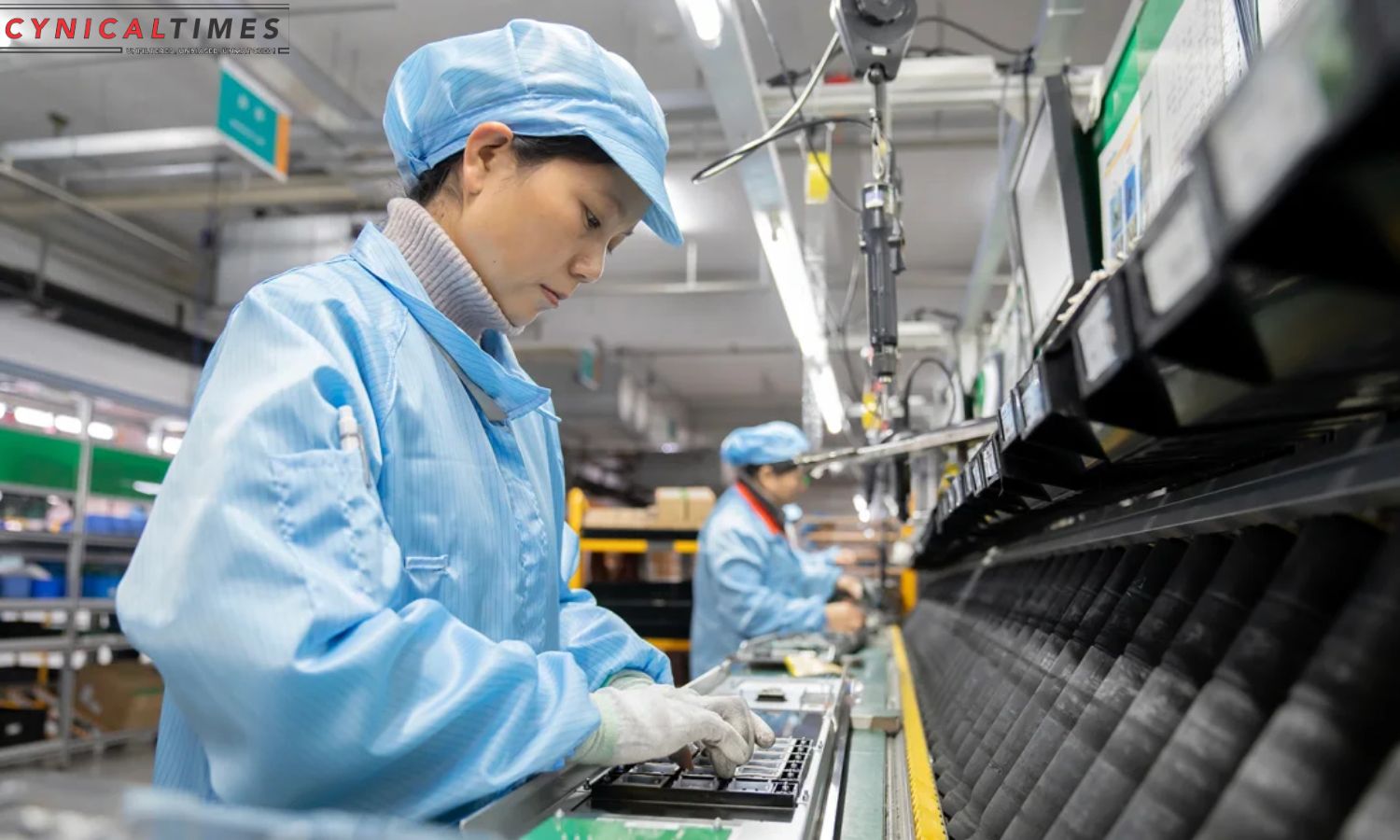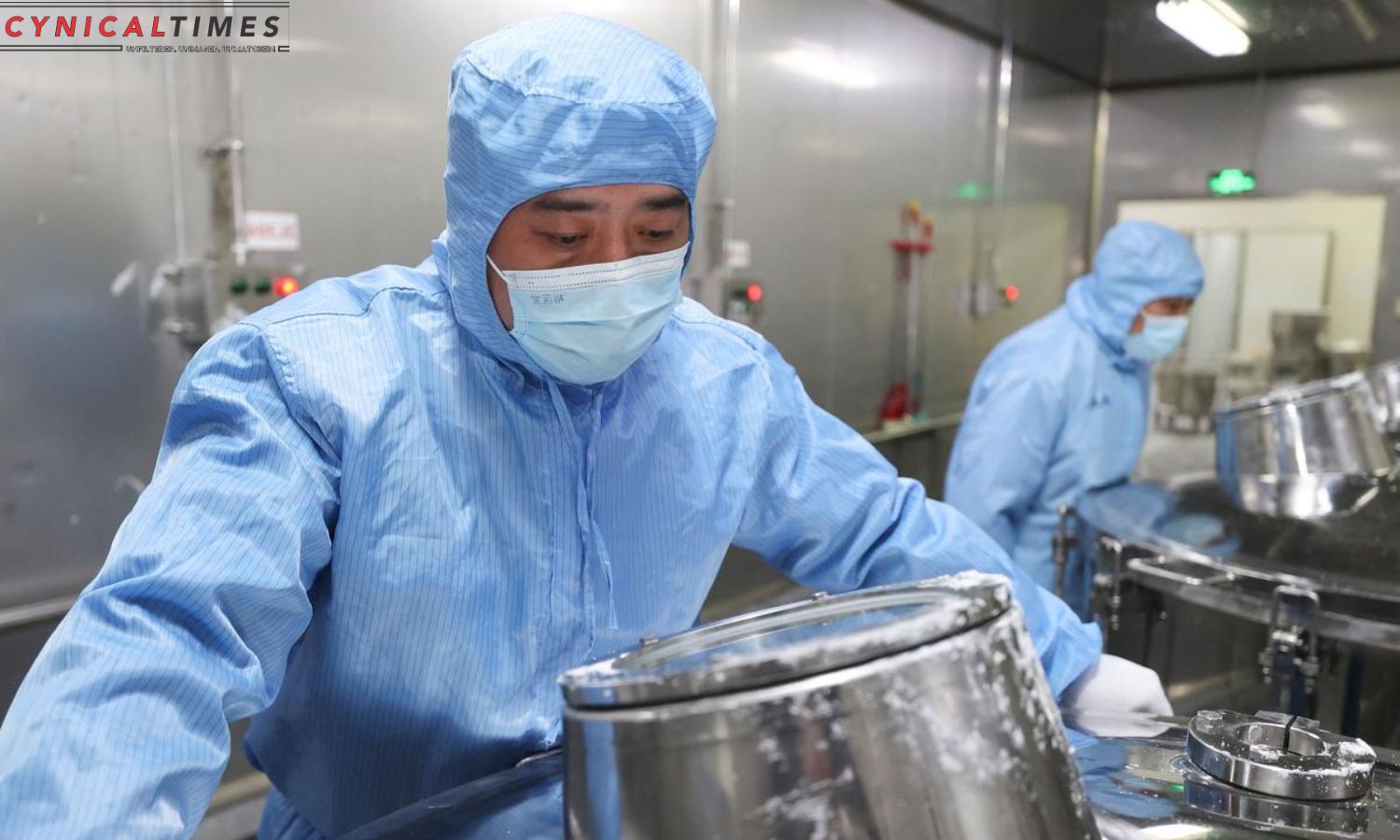China Crackdown on Analysts: In response to economic challenges, China has taken measures to silence prominent analysts on social media platforms, curbing their ability to discuss the country’s faltering stock markets and economic struggles. At least six analysts, including Liu Jipeng, a government advisor, are facing restrictions, such as the inability to post new content or gain new followers. These analysts, known for providing candid views on China’s economic conditions, have become targets as President Xi Jinping calls for “economic propaganda” to present a positive narrative. This move is seen as an attempt to control information and shape perceptions amid growing concerns about the economy.
This development coincides with a significant economic conference hosted by President Xi Jinping, where the ruling Communist Party emphasized the need to strengthen economic propaganda and maintain a positive narrative about China’s economic prospects. The national security ministry has also intensified efforts to suppress pessimistic opinions, labeling dissenters as having “ulterior motives.” This has raised concerns about freedom of expression and transparency regarding the true state of China’s economy.
Among the analysts facing restrictions are Dan Bin, chairman of FEOSO Arbor Investment Management; Liu, a professor and director of the Capital Finance Institute at China University of Political Science and Law; Hong Rong, a stock market commentator and analyst; and Ge Long, founder of investment research firm Gelonghui. These experts, previously known for providing critical economic analysis, are now limited in their ability to share insights, potentially impacting the transparency of economic information available to the public and global investors.
Also Read: Record Low Unemployment: Unveiling the Economic Triumphs of 2022
The move by Chinese authorities reflects a broader trend of limiting access to economic data and curbing dissenting voices, which has been observed in the clampdown on international consultancy and due diligence firms. The Chinese government’s efforts to control the narrative about the economy are viewed as a response to growing concerns over the weakening economic indicators, including deflation threats and declining foreign direct investment.
The silencing of these analysts, who were previously able to express candid views on social media, may have unintended consequences. Instead of reassuring investors, the government’s actions could raise alarm bells, further deterring foreign capital and contributing to a negative perception of China’s economic situation. This lack of transparency may create a vicious cycle, where multinational companies are hesitant to invest without reliable information, ultimately impacting China’s economic decision-making and global standing. As concerns about the economy persist, there is uncertainty about the government’s approach to information control and the potential consequences for both domestic and international stakeholders.
Our Reader’s Queries
Why did China crackdown on tech?
In late 2020, Chinese authorities launched a regulatory crackdown on the country’s Big Tech firms due to concerns that these major internet platforms were becoming too dominant and influential. This move was aimed at curbing their growing power and ensuring a level playing field for all players in the market. The regulatory storm was a response to the increasing influence of these firms, which had raised concerns about their impact on competition and consumer welfare. The Chinese government’s actions were intended to promote fair competition and protect the interests of consumers and smaller players in the market.
What is the crackdown for private tutoring in China?
The latest regulations have put after-school tutoring service providers on notice, with potential fines of up to 100,000 yuan and warnings for those attempting to conceal their services or evade government oversight. This includes practices like charging fees through online platforms, offering live-streaming courses, and hosting tutoring sessions in unconventional locations such as cafes or hotels. These measures aim to ensure transparency and accountability in the industry, and prevent any exploitation of students or parents.
Did Beijing’s regulatory crackdown wipe $1.1 trillion off Chinese Big Tech?
China’s tech giants have suffered a massive blow, losing over $1 trillion in value since the government’s regulatory crackdown on the sector began two years ago. This staggering figure is equivalent to the entire economy of the Netherlands, highlighting the significant impact of the government’s actions. Refinitiv’s data reveals the extent of the damage inflicted on China’s major tech companies, leaving them with a long road to recovery.
Is China debt ridden?
China’s local government debt has surged to a staggering 92 trillion yuan ($12.6 trillion), accounting for 76% of the country’s economic output in 2022. This marks a significant increase from 2019, where the debt-to-GDP ratio was at 62.2%. The latest data from the International Monetary Fund highlights the concerning trend of China’s mounting debt burden, which could have far-reaching implications for the country’s economic stability.


